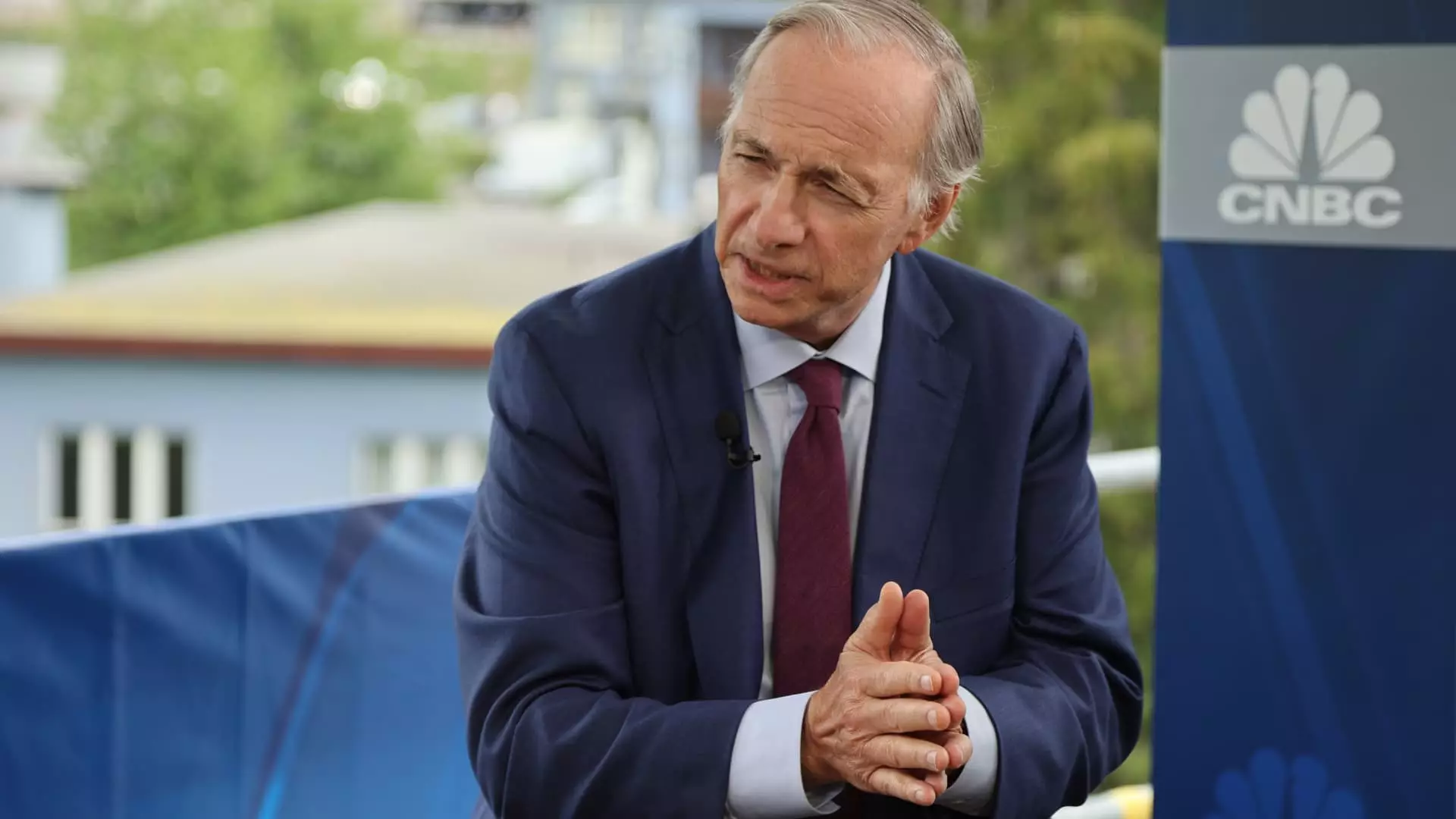Ray Dalio, the influential founder of Bridgewater Associates, recently emphasized the paramount importance of the upcoming 2024 U.S. elections, suggesting they could be the most consequential of his lifetime. In an era marked by stark polarization, Dalio’s assertions underscore a potential crisis not only in the political sphere but also in the fundamental operations of American society. He articulated a pressing need for a “strong leader of the middle,” indicating a desire for moderation amidst the extremities offered by both sides of the political spectrum.
Dalio’s perspective raises critical questions about the very nature of democracy in contemporary America. With two factions—Republicans and Democrats—grappling with irreconcilable differences on pivotal issues, the implications of these divisions extend beyond mere political disagreements. They challenge the foundations of democratic governance, prompting anxieties about the potential failure to accept election outcomes. This concern about the integrity of the electoral process is not just a political issue; it reflects societal insecurities that can lead to broader unrest.
The upcoming elections represent more than a contest for power; they signify a struggle over the vision of future governance and societal values. Dalio pointed out the growing prevalence of a “win-at-all-cost mentality,” which not only complicates bipartisan dialogue but also risks eroding principles of cooperation essential for functional governance. The inability to achieve consensus on critical issues like abortion, immigration, and climate change reflects deep societal fractures that can hinder meaningful progress.
Moreover, issues such as inflation and the rising cost of living dominate voter concerns, showing that despite ideological divides, there remains a collective anxiety regarding economic stability. This discrepancy calls for a candid examination of how leaders can bridge these divides to foster solutions that address these pressing challenges.
In his interviews, Dalio has consistently advocated for moderate voices to rise and assume leadership roles in this turbulent environment. He argues that “broad-based prosperity” is essential for restoring order and opportunity in society. Drawing a comparison with Singapore—an exemplar of educational excellence and accessible public housing—Dalio illustrates how strategic policy-making can cultivate an environment of equity that benefits all citizens.
It’s crucial to recognize that while certain segments of American society, such as universities and hubs of innovation, may thrive, these benefits often do not trickle down to the general populace. The challenge looms larger: the need to create an inclusive society where structural inequalities are addressed.
Conclusively, as the 2024 elections approach, the call for introspection and cooperation among moderates is louder than ever. The stakes are high, with the country’s democratic principles, economic health, and societal stability hanging in the balance. The way forward requires not just bold actions from leaders, but also an engaged citizenry ready to foster consensus and push for collective welfare over partisan victories.

